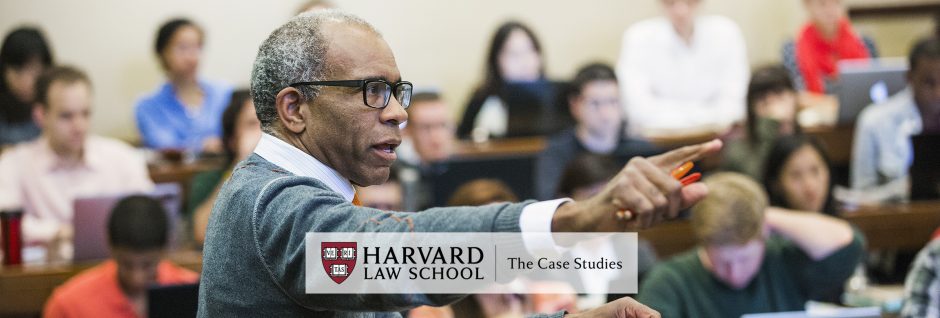by E. Scott Fruehwald, Contributing Editor at Legal Skills Prof Blog
While legal scholars have written a great deal on improving legal education by adding experiential classes to the second and third years of law school, it is equally as important that law professors make changes in how they teach first-year doctrinal classes. The Langdellian approach to teaching was developed in the nineteenth century, and we have learned a great deal about effective teaching since then. Moreover, law students today are vastly different than the ones Langdell faced in his classroom.
First, professors should not abandon the Socratic Method; it remains a very effective method of teaching students doctrine and “how to think like a lawyer.” However, professors should add active teaching approaches to their repertoire. One active approach is to sometimes use a flipped classroom, in which students learn the material from lectures posted online, and class time is devoted to doing problem solving exercises.
Professors need to add problem solving exercises to all first-year classes. Students need to not only know the law; they must be able to apply the law to facts. I would suggest that professors give a major problem at the end of each unit, with a problem at least once a week. Alternatives could include several short problems in each class, or short analytical papers every couple of weeks. Professors should also do mini skills exercises in class to develop techniques like rule-based reasoning (deductive reasoning), analogical reasoning, distinguishing cases, synthesis, and policy-based reasoning. For example, studies have shown that second- and third-year students are generally weak at synthesizing cases. Legal publishers have recently started publishing textbooks that law professors can use as sources for exercises. Also, professors could have students identify the types of reasoning a judge is using when they discuss cases in class.
Professors should assign short drafting assignments in first-year classes. For example, students could draft complaints, written discovery, and other pleadings in Civil Procedure. Similarly, students could write contract clauses in Contracts. Students will understand contracts principles much better if they have experience drafting contracts clauses.
First-year professors also need to help law students develop their metacognitive skills—thinking about thinking. Professors can use metacognitive questions to help students be conscious about how they reason, think about their problem solving strategies, and even improve their study habits. Examples of metacognitive questions include: 1) how do you read a case?, 2) is your case reading method the most effective it can be?, 3) will the strategy you used to solve this problem work for the other problem?, and 4) will the study methods you used in undergraduate school be effective in law school?.
Finally, law students need detailed formative assessment. Students need to know as soon as possible what they are doing wrong so that they don’t continue the same mistakes. Also, studies have shown that students retain more with frequent formative assessment. Such assessment can include pop quizzes, short papers, problem solving exercises, and self-formative assessment from texts.
Here is suggestion for teaching a first-year torts class: Have the students read several cases on false imprisonment. Before class, they should synthesize a test for false imprisonment in writing. In class, professors should help the students learn false-imprisonment doctrine, using the Socratic Method or lecture. Then, work through several problems in class. Finally, have the students do a short paper in which they must solve a false-imprisonment problem.
Education researchers have uncovered a new world of effective educational approaches. First-year professors need to use these techniques to better prepare students for the second and third years of law school and to turn out better lawyers.
